Required
My Most Popular Hypnotherapy Articles of the Year – Hypnotherapy in Ely and Newmarket
My Most Popular Hypnotherapy Articles of the Year 2022 – Hypnotherapy in Ely and Newmarket
As has become a bit of a tradition, today I’m sharing my most popular hypnotherapy articles of the year with you.
It’s been another very busy year for my hypnotherapy practices in Ely and Newmarket. As well as helping many, many people in person, I’ve also worked with clients from across the UK and the rest of the world using zoom. There have been new hypnosis downloads added here on my website, and I’m super proud to have picked up an award (or two if you include the delayed 2021 awards!) along the way.
More than anything, I remain grateful to all of my clients for choosing to work with me, and to the dozens and dozens of you who have kindly shared your positive feedback after your hypnotherapy sessions.
At the end of the year it’s become a bit of a tradition of mine to share the most read hypnotherapy articles of the year from my website. Over the years I’ve covered many psychological, hypnotherapy, anxiety and well-being topics, and where possible I try and include the evidence and research so that you can keep informed about the latest and most evidence supported strategies for supporting your mental health.
So here we go, out of all of the articles I’ve written this year, these are the top ten most popular hypnotherapy articles that have proven to be the most popular, I hope you enjoy reading these (for the first time if you missed them first time around or if you are revisiting them to remind yourself of all the useful bits)…
10. Information Needs Among People with Depression and Anxiety
Perhaps one of the challenging things about struggling with anxiety and depression comes from the uncertainty, the unknown and the fear that something is wrong with you. On top of that, there is the worry and dread that all of those unwanted thoughts and feelings may be things that endure and that you will have to always struggle with.
Anxiety and depression can fill your head with all sorts of worrying, fearful and stressful thoughts. These exacerbate all of the bad, uncomfortable and unwanted feelings you are experiencing, and in turn, those feelings add to even more of those unwanted thoughts that crowd your head. Even things that might ordinarily seem like little things, can get magnified and amplified inside your head until they seem like great battles to face and challenges to try and overcome.
One of the most common early steps when you are struggling with your thoughts and feelings is to turn to the internet and try and work out what it is that you are experiencing. You just want to understand what is happening to you and what you can do to try and feel a bit better. You are worried that something is seriously wrong with you so it’s only natural to try and work out what it could be, how serious it is and what you can do to try and feel better.
Unfortunately, within the mix of anxiety and depression information online, there are also many potential pitfalls, filled with inaccuracy and misleading information, that can exacerbate your worry, anxiety and stress. You only have to visit the average hypnotherapy website to see just how much inaccurate, misleading and ill-informed stuff that there is out there.
And there are many types of information about your anxiety and depression that you may seek out. I covered more about this in the main article here: Information Needs Among People with Depression and Anxiety
9. Physical Activity and Risk of Depression
I’ve written many times about the mental health benefits of physical activity and exercise. Being active can help with combating depression and anxiety, as well as lifting your mood and boosting your levels of positivity. The more I write about physical activity for mental health, depression and anxiety, the more I recognise how important it is to include some activity in your daily or weekly routine.
The wealth of evidence supports the notion that physical activity supports being mentally healthy and can help if you struggling with depression. Exercise has an anti-depressant effect and some of that research that I’ve touched upon suggests that being physically active can offer some protection to you from experiencing future symptoms of depression. This anti-depressant effect is something that has also been investigated in a more recent piece of research and evidence.
Research has shown that exercise can help with depression and anxiety symptoms, and that running reduces your risk of certain health conditions. And the research I cover in this popular article investigated the association between physical activity and the risk of depression in adults: Physical Activity and Risk of Depression
8. Using Music to Help With Anxiety and Stress
Can music help you equip to be able to better handle, deal and cope with your anxiety and stress? We all encounter music of some kind every day, whether it’s on TV, a film soundtrack, listening to the radio, playing your playlist, hearing someone sing, overhearing someone else’s music, or some other form of music that you encounter during your day.
When someone is anxious, stressed or depressed they often describe to me how they have lost their love of music or have stopped listening to the things they used to enjoy. They are focused on the negative and unwanted thoughts and feelings, and in doing so, often get caught in an increasing spiral of worry and negativity. And sometimes if we do listen to music then we match it to our mood so that when you are happy then you will likely play happy, upbeat tracks and when you feel sad you play slower, sadder songs. Again, this can magnify, reinforce and amplify how you are feeling (helpfully or less helpfully).
So what is the impact of music if you want to alleviate your symptoms of stress and anxiety? Find out in this popular article: Using Music to Help With Anxiety and Stress
7. Could A Social Media Break Help Your Mental Health, Depression and Anxiety?
Screen time and social media use are things that have risen massively in recent times and there’s much online that can be informative, amusing and worthwhile. It can help in communicating, understanding, keeping up to date and sharing news. I use social media to find out things, to share work and life posts and photos and to keep in touch with people. It’s a tool for enhancing life, communication and productivity.
Yet it seems clear that, for some people at least, social media can have a detrimental impact upon their well-being and mental health.
Social media can help you with finding support and encouraging talking about how you feel, yet all too often people start to feel their life isn’t as good as others, and that they have less shiny things and fun and happiness and the like. Everyone likes to show the good stuff (real or otherwise) on social media, and those aspects of their lives that aren’t as good get papered over and are kept from view. Negative comparisons, a sense of not being good enough, a feeling of lacking and too much unproductive, sedentary time can lead to negative thinking, feeling low, anxiety and have a negative impact upon your well-being and mental health.
With so much time now spent with faces buried in screens, the question moves to whether taking a break from social media could have benefits for your mental health and help with you with the symptoms of anxiety and depression?
With more and more of us using social media, and potentially spending more time on it, it’s important to understand how it impacts upon our mental health and well-being. I took a look at the research and evidence in this article from earlier this year: Could A Social Media Break Help Your Mental Health, Depression and Anxiety?
6. Health Anxiety and Online Health Information Seeking
Health anxiety has always been a common type of anxiety that I help people with. In these days where things like heart issues and cancer are likely to have affected someone you know, and where our media is full of warnings about symptoms and requests for donations from health charities describing their work, someone with health anxiety can find that their worries and fears are never far from the forefront of their mind.
People with health anxiety describe to me how any physical symptom can start an anxious spiral that takes over and leads to excessive anxiety and worry about their health, along with fears about the impacts that would be there if they couldn’t work or needed care, or about how their family and others would cope if they died. That health anxiety can attach to any ache or pain, can be fired off by hearing of someone else’s health condition, or can be a sense of fear of dread about what if something was to happen.
And, of course, the physical symptoms you experience from health anxiety and worry can lead to heart palpitations, aches from being tense, a tight chest and other anxious symptoms. These physical sensations then in turn add more fuel to your anxiety as you worry that these are the signs of something being seriously wrong with you. That can then lead to you feeling even more anxious, experiencing even more anxious overthinking and feeling even worse.
The excessive worry from health anxiety can be about the likelihood of possibility of illness or a negative health issue, a heightened awareness and worry about bodily sensations and a sense of catastrophising that a physical sensation (even a normal bodily sensation) is something threatening and dangerous.
Someone with health anxiety is likely to head over to the internet to search out information about what they are feeling and experiencing. Now the internet can be a fantastic resource for finding out about all sorts of things, yet, as anyone who has ever done it knows, relying on ‘Dr Google’ and trying to self diagnose online can easily become problematic and counter productive. I talk more about health anxiety and online health information seeking in this article: Health Anxiety and Online Health Information Seeking
5. Pregnancy Related Anxiety
I often work with women during pregnancy where they may be struggling with anxiety and a sense of overwhelm. There may be anxiety about health, about being in hospital and coping with the birthing process, and about how well they think they will cope with having the responsibility of a new born to look after. There is no doubt that there are a lot of demands, challenges and things to learn through pregnancy and into parenthood (as well as a lot of love, happiness and joy, of course!!).
Anxiety appears to be a relatively common issue during pregnancy, with research suggesting that perinatal anxiety is highly prevalent. And pregnancy related anxiety can lead to fear, worry and dread about any and all of the specific issues, demands, challenges, events and changes that surround each stage of pregnancy and child-birth. There can be issues around health (your own and the baby’s), hospital visits and the process of childbirth. There may also be social, relationship or financial issues, concerns about fulfilling the role of parent and about your physical appearance and the impact upon your body and the physical changes from pregnancy.
On a broader level, there can be more social or generalised anxiety that is linked to pregnancy and birth. There can be health anxiety issues, excessive worry and overthinking about daily issues or how world events may impact upon the future. There can be social anxiety about going to appointments, meeting other pregnant women/parents and the pressure to be a good parent.
Not only do you want to feel calm and positive during pregnancy and during the early years for your own sake but there is some evidence that elevated anxiety, depression and stress during pregnancy can have an impact upon baby’s early cognitive development. And so I took a look at the issue of pregnancy anxiety in this article: Pregnancy Related Anxiety
4. Nutritional Wisdom and Food Choices – Weight Loss Hypnotherapy
So many people who come to see me describe their never ending battle to try and achieve their weight loss goals. They tell me about all the different diets they’ve been on and how they lost some weight for a while, only to put it back on again. They describe how they seemingly self sabotage their own success through their unhealthy relationship with food and their habits around eating. They’ll tell me about emotional eating, eating when not hungry and mindless eating.
And, most of all, they will tell me about their frustration, annoyance and disappointment that, despite knowing what they should be doing, they continue to struggle to lose weight and keep it off.
Taking control over eating habits and feeling healthier and happier are things that can be positively achieved with the right psychological approach and behaviours. In the same way you will have learnt unhealthy patterns, habits and behaviours around food, you can also learn how to eat the right amount of the right things and to handle any challenges that may come along.
So many people struggle with their weight, and despite the many diets and slimming clubs out there, the number of people who aren’t in control over their eating habits seems to continue to grow. However, this is in stark contrast to recent research that suggests that we may all possess more ‘nutritional intelligence’ in our food choices than previously thought. Have a read of this blog to learn more about this: Nutritional Wisdom and Food Choices – Weight Loss Hypnotherapy
All of which now brings us into the top three most popular articles of the year. So let’s get straight into which articles gained a place on the winner’s podium…
3. Impostor Syndrome
Recently I’ve been working with a number of people who, as part of their self-doubt, anxiety and stress, are struggling with imposter syndrome. Impostor syndrome leads to you feeling like a bit of a fraud in what you are doing at work or another aspect of life, like at some point you expect to get found out and that others will finally discover that you aren’t up to the job and that you’ve somehow just been getting away with things. You doubt your own skills, capabilities, accomplishments and achievements and you live with a fear of being found out.
Now, this worry, self-doubt and fear will continue even where you can point to a long list of achievements. You may put your successes down to luck or chance, or that others didn’t notice the flaws in what you did (which can contribute to elements of perfectionism). When you receive positive feedback you probably don’t internalise it and feel good, but rather think it’s well-meaning but false.
And, of course, the more you achieve and the greater your responsibilities, the more there is to lose and the greater your fear of failure and of being uncovered for the fraud you think you really are.
No matter what positive feedback comes your way, how well others may say you do or how objectively visible your accomplishments are, that perception that you aren’t as good as they think lingers on. It leads to self-criticism, putting pressure on yourself, fear of failure, perfectionism, anxiety, fear and doubt.
By it’s very definition it’s a false perception of your own skills and capabilities. No matter how much praise you receive or how well things go, it doesn’t stop that feeling of fear of failure and the fear of exposure as a fraud.
Impostor syndrome then is, therefore, a false perception of your own capability. You discount what you do positively and elevate perceived negatives. It’s a kind of cognitive distortion where negative evaluations towards yourself and of what you do are readily accepted, whilst positive feedback and successes are discounted. No matter what you achieve, and how successful your performance at something, you continue to doubt yourself and to put it all down to luck and chance. If you are struggling with impostor syndrome and the anxiety and doubt that goes with it, then have a read here: Impostor Syndrome
2. Mental Health and The Positive Impact of Pets…And Meet Frank!
Research suggests that having a pet is linked with positive impacts upon your mental health if you have a mental health condition. Pets can provide benefits through their connection with their owners and through contributing to emotional support in times of crises. They can also help with the management of symptoms when they arise. Pets can provide a consistent and close source of calming support and companionship, distraction from upsetting symptoms, a level of purpose and routine, and the through the sense that pets accept you for who you are without judgement.
Sadly we lost our lovely rabbit, Nibbles, last year, but now we have a new arrival into the Regan household! So today I’d like to introduce Frank (although I’m not sure if that really is a proper name for a rabbit??!), who was shortly after joined by Mirabel (again, really a name for a rabbit??!!).
Either cute faced Frank was the reason so many of you headed right over to this article about pets, or you just wanted to know more about the possible positive impact of pets on your mental health. Whatever the reason, go and head over and have a read about it here: Mental Health and The Positive Impact of Pets…And Meet Frank!
And then we are down to one….and the most popular hypnotherapy article of the year was…
1. Binge Drinking and Alcohol Problems
Many people who come to see me struggle to control their binge drinking or habitually drink too much. It may be one or two bottles of wine a night, or that struggle to leave a bottle unfinished. It may be that they can’t have alcohol in the house without finding themselves reaching for it and drinking the lot. And for others it may have become part of the end of day ‘wind-down’ ritual or the weekends have become the time to binge drink.
In all these cases and more, someone comes to me for help because they are struggling to control their drinking behaviours. And hypnotherapy is a very effective way of taking back control over your drinking.
Most people would probably agree that drinking alcohol, in the right circumstances, can be a pleasurable experience. Many people enjoy a glass of wine with a meal or a few social drinks with friends. Yet for others their drinking habits may have become problematic. They may rely on alcohol, look forward to it and have urges and cravings to drink. Your drinking may dominate social situations, lead to concern from others and impact upon your well-being. Yet, even the adverse consequences of your drinking may not mean you can stop it or curtail. The habits, patterns, thoughts and feelings around alcohol mean you feel like you are now out of control.
Many people use alcohol to try to help them cope with stress, anxiety and depression (and for many, alcohol consumption increased during the pandemic). For others, the habits and behaviours around drinking and binges are the problem. Yet drinking has an impact upon your mental health and well-being and even binge drinking at a moderate overall level of consumption can be problematic. If you are concerned about your own drinking, or that of a loved one, then do have a read about this subject here: Binge Drinking and Alcohol Problems
I hope that you gained something beneficial for your well-being from one or more of my most popular hypnotherapy articles. Of course there are dozens more articles that I’ve written this year (and over many years!) that cover more on these topics and more. So if you are struggling with something like anxiety, panic, low confidence or fear, or if you want to quit smoking, lose weight or et healthier, then do have a scroll through the pages here and get in touch with any questions.
And so, as the year draws to a close, I wish you and your loved ones a very Happy New Year! I hope that 2023 is a very happy and healthy one for you!
I’ll be back with more articles, videos, reviews and news in the New Year, Until then…
Happy New Year!
To your health and happiness,
Dan Regan
Anxiety Hypnotherapy in Ely & Newmarket
Struggling with anxiety, stress, worry and fear and need some help? Find out how I can help with a Complimentary Hypnotherapy Strategy Session. Learn more here: Appointments
Find out what dozens of other people have said after their hypnotherapy sessions with Dan: Hypnotherapy Testimonials
And check out these powerful hypnosis downloads that can start helping you right away with anxiety, confidence and more: Hypnosis Downloads
Get Your Copy Right Now…
Subscribe to Dan’s Digest filled with tips, strategies and techniques and get instant access to your free rapid relaxation hypnosis audio track.
Enjoy feeling and being more mentally calm and physically relaxed right now:


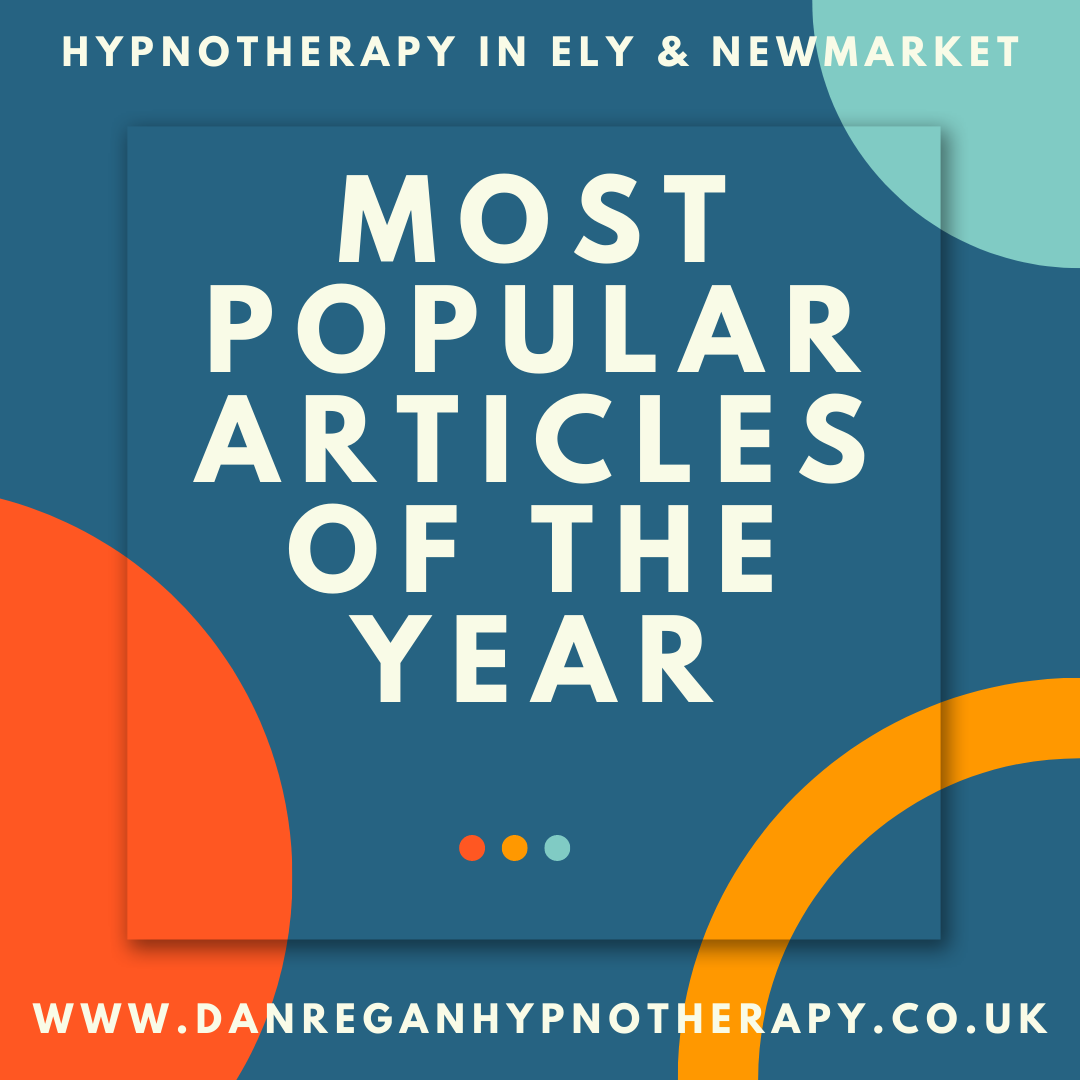
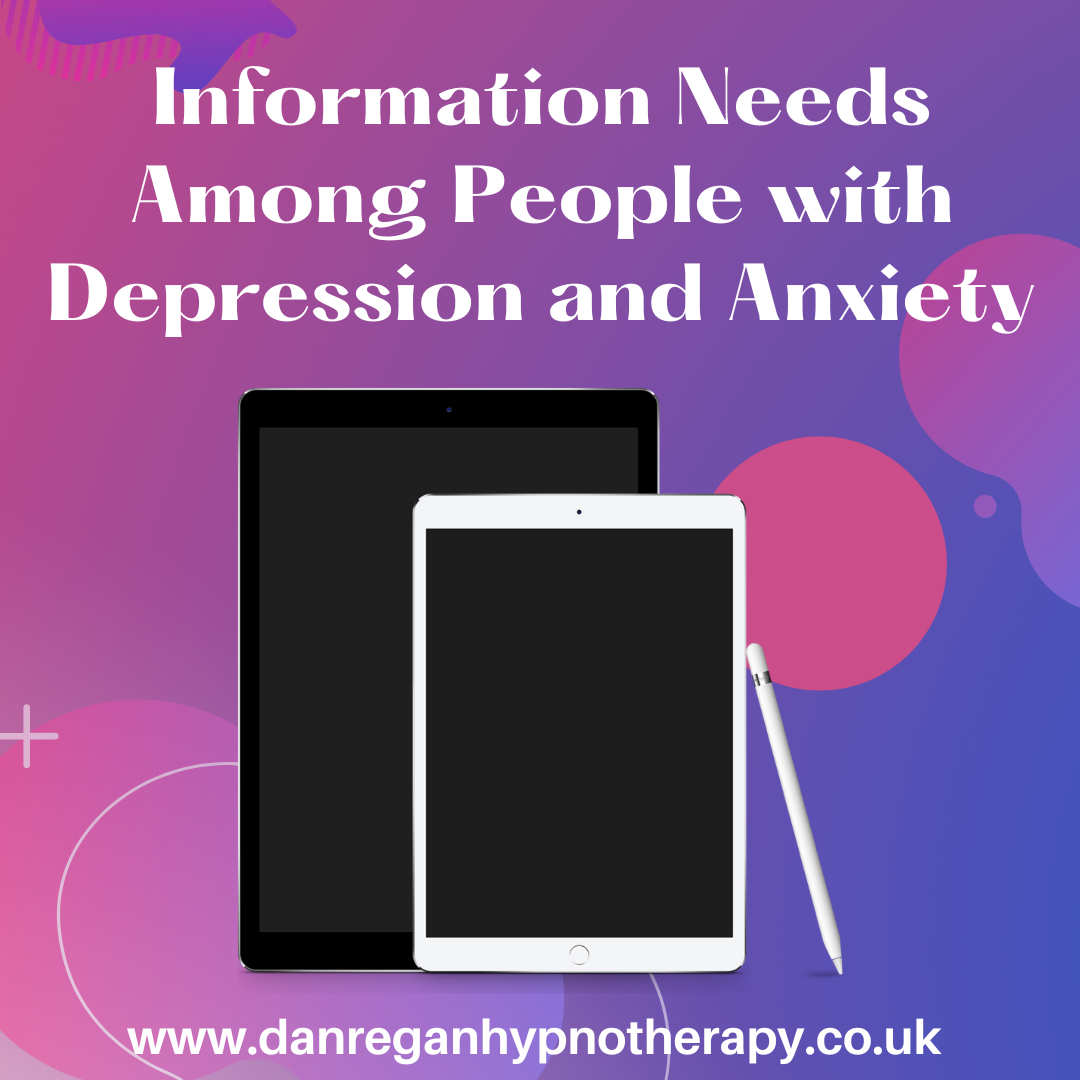
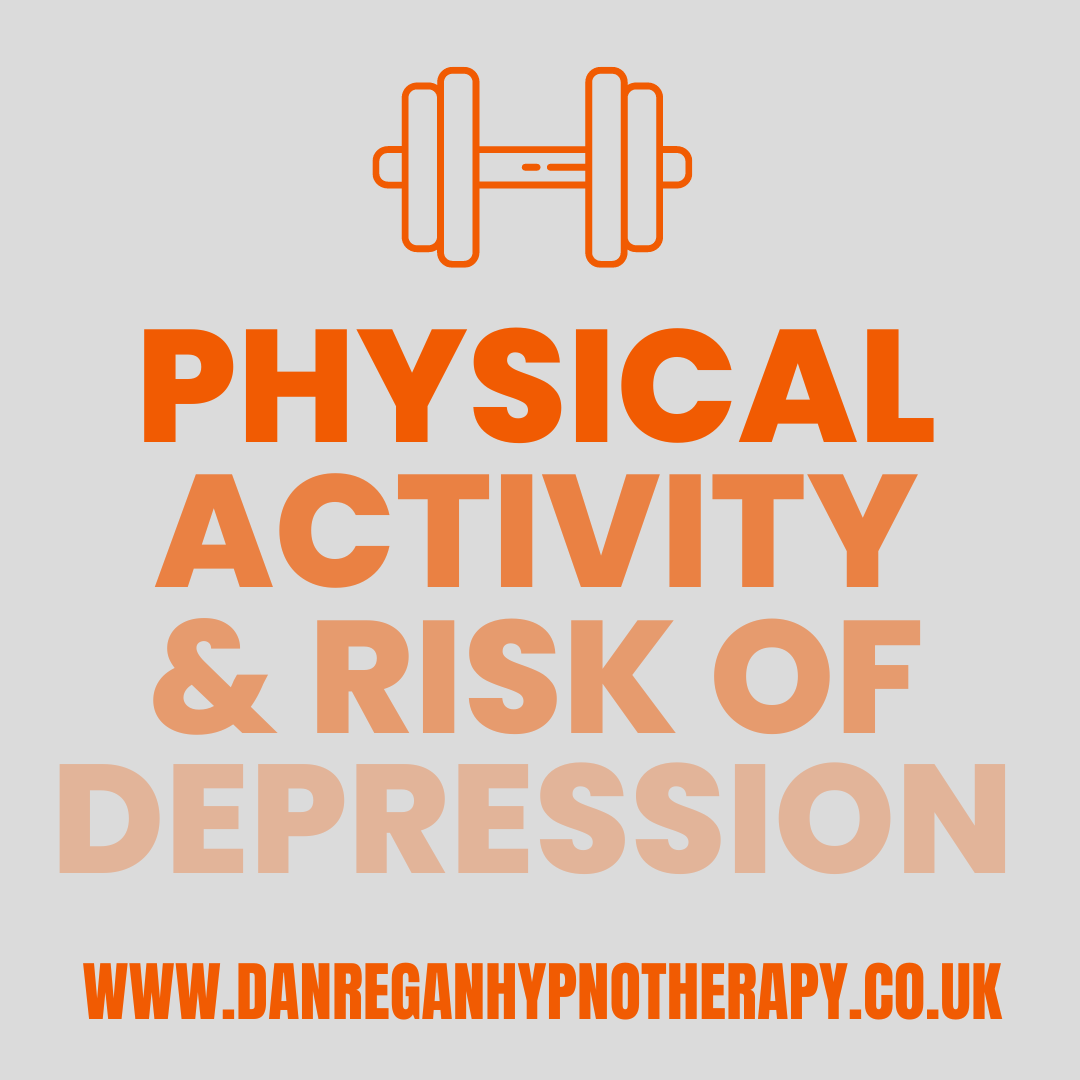
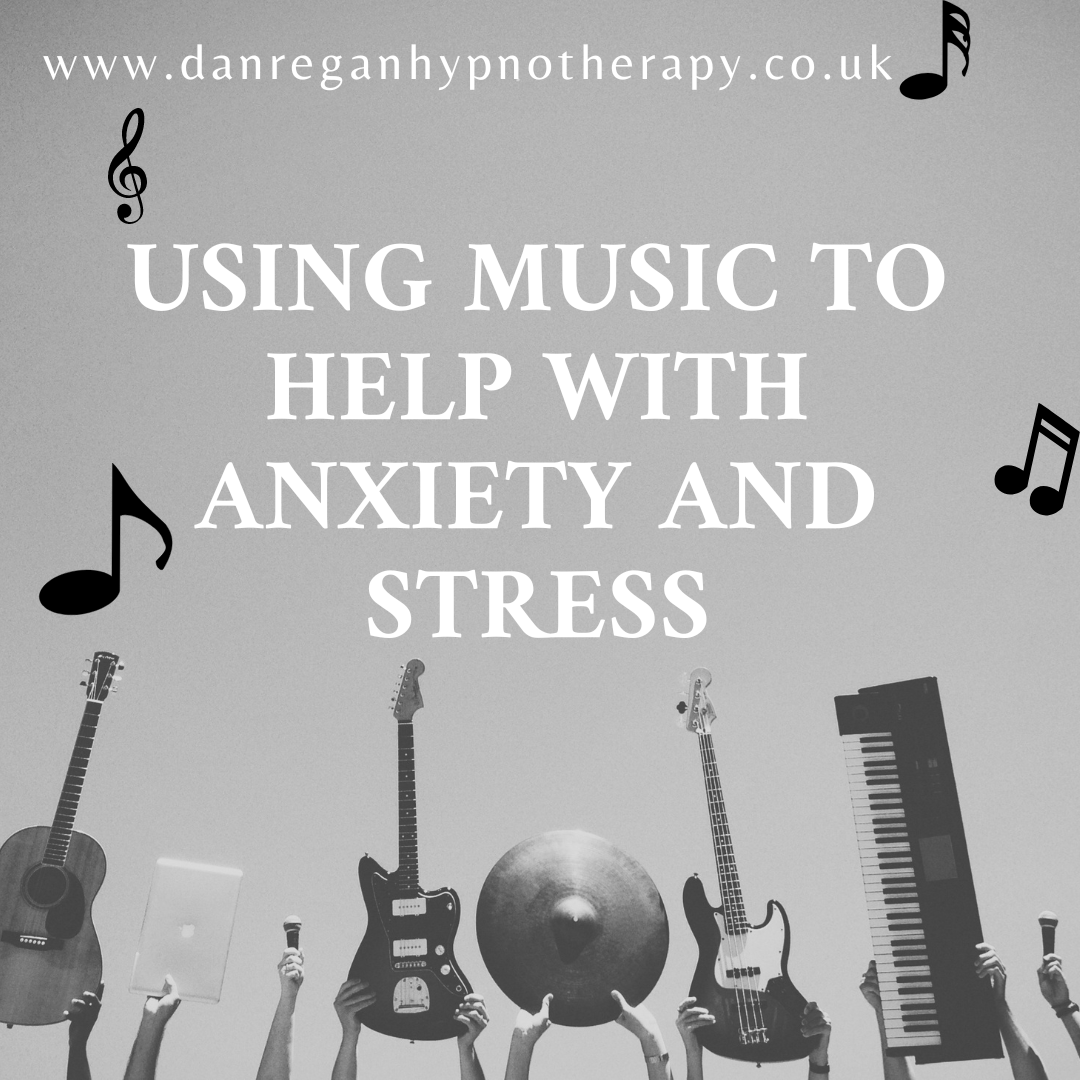
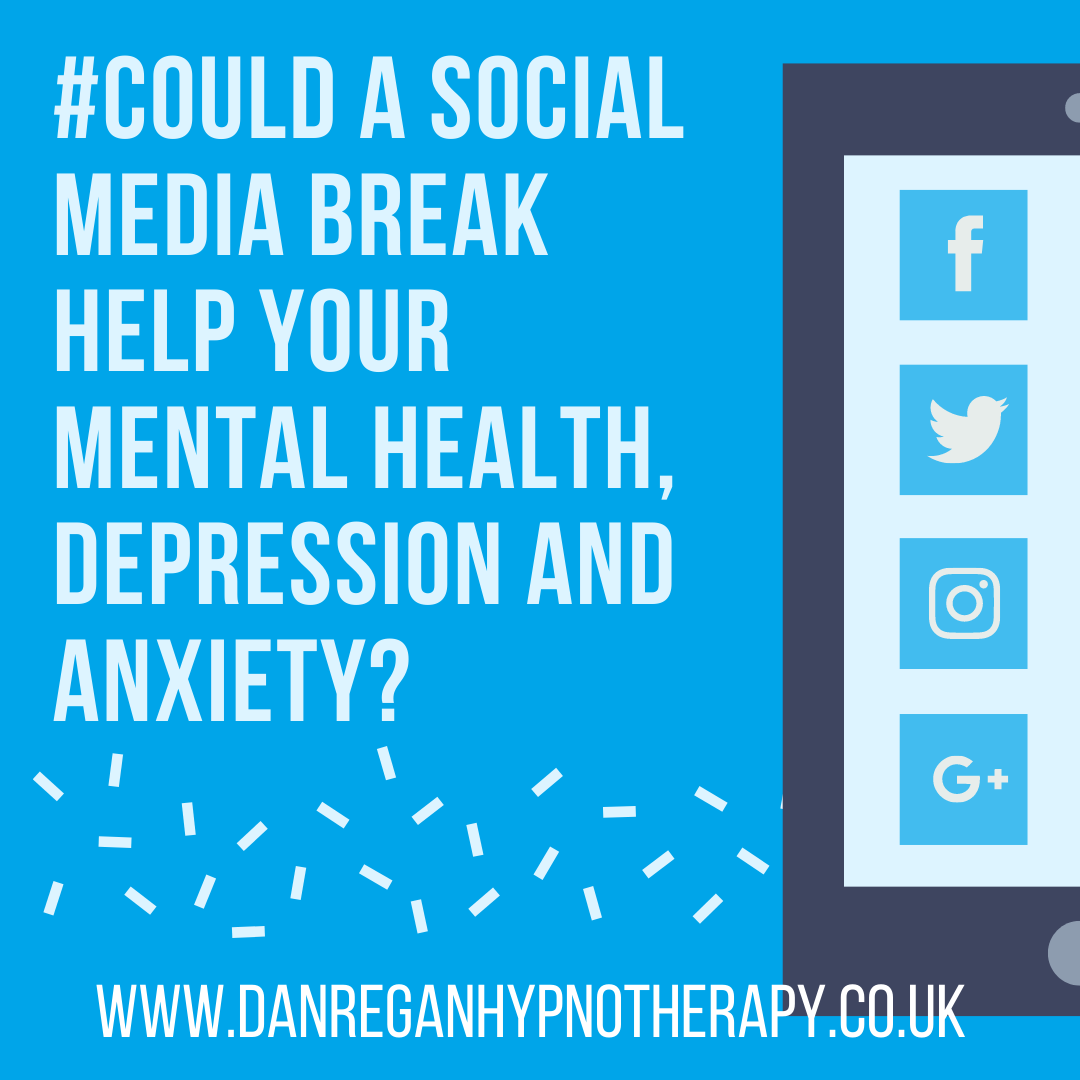
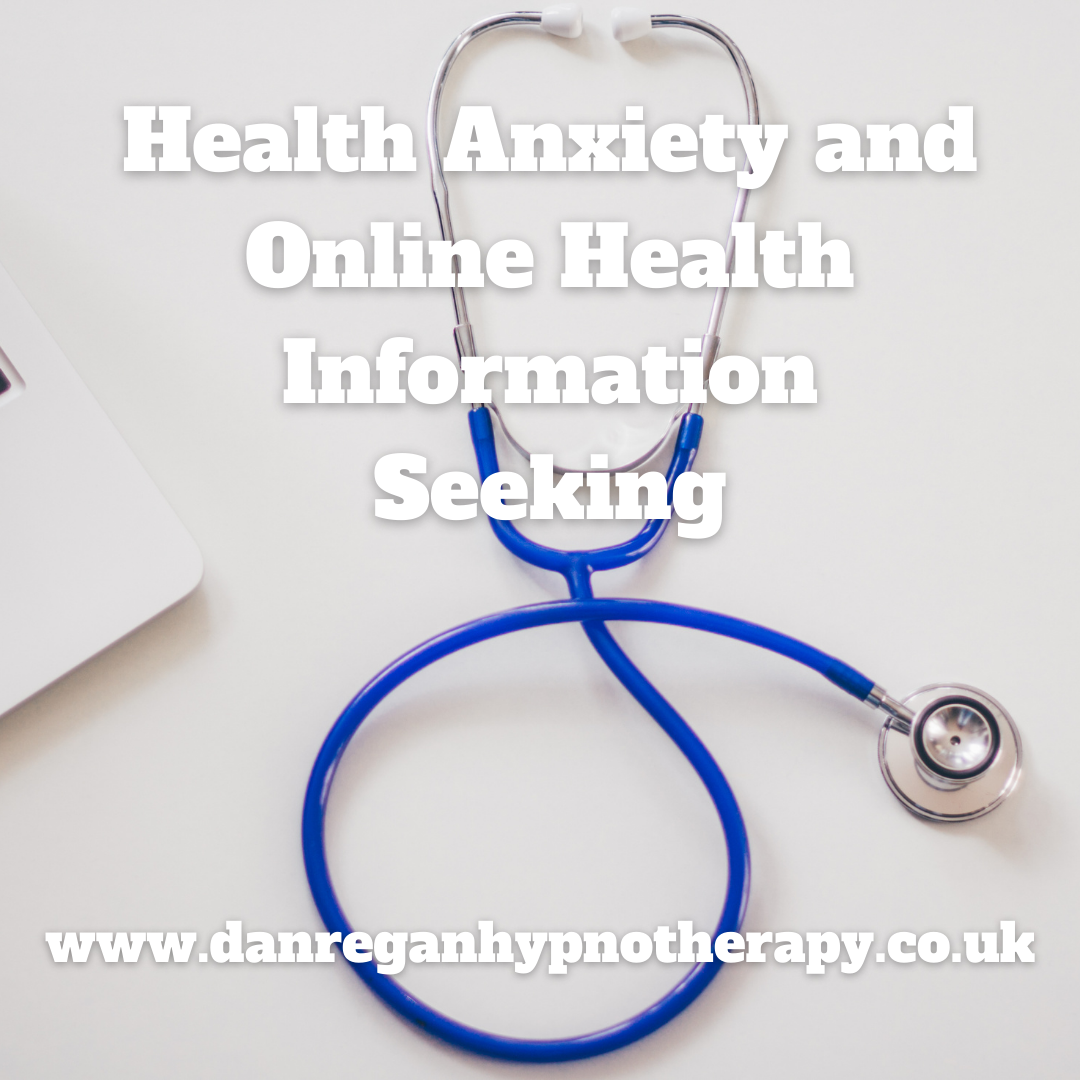
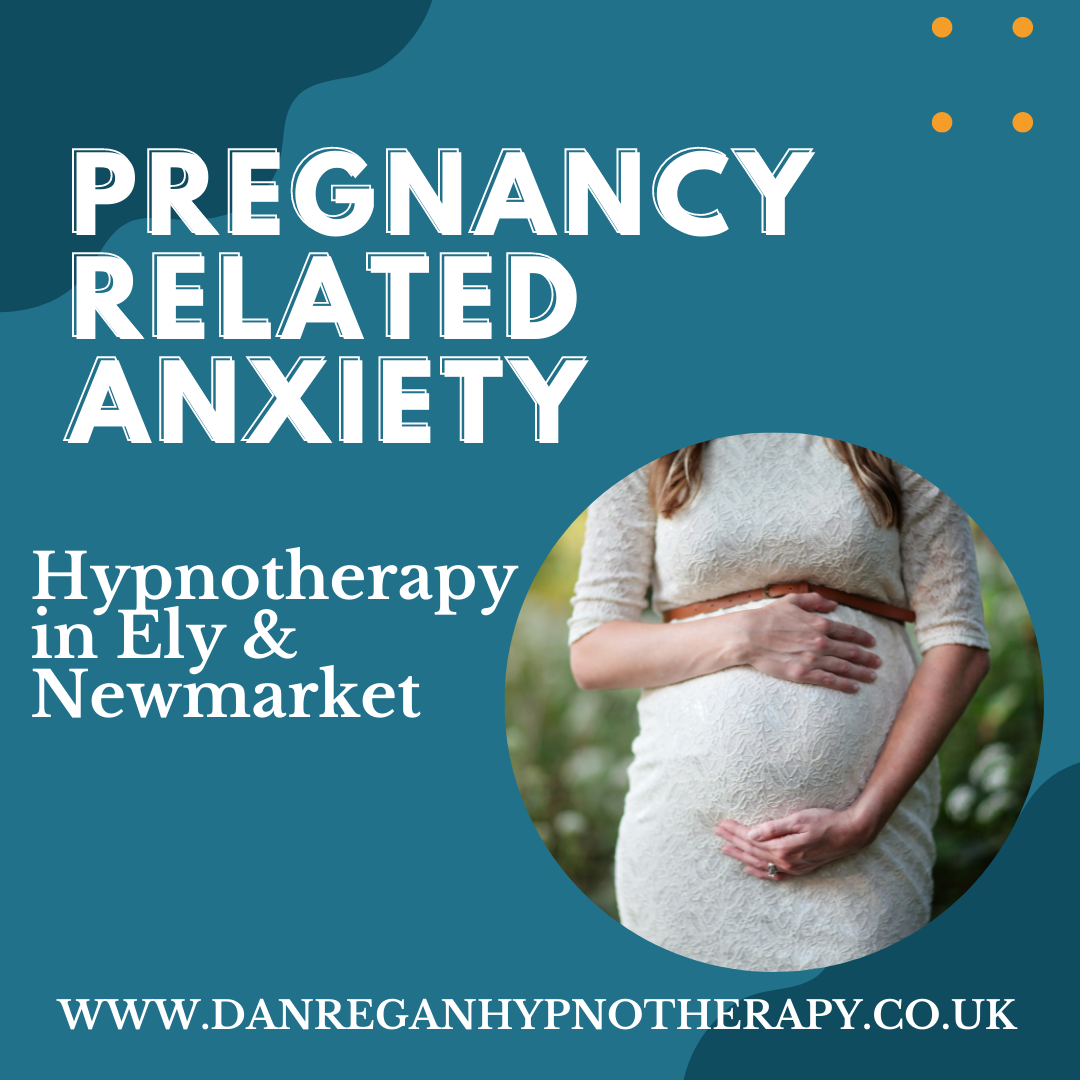
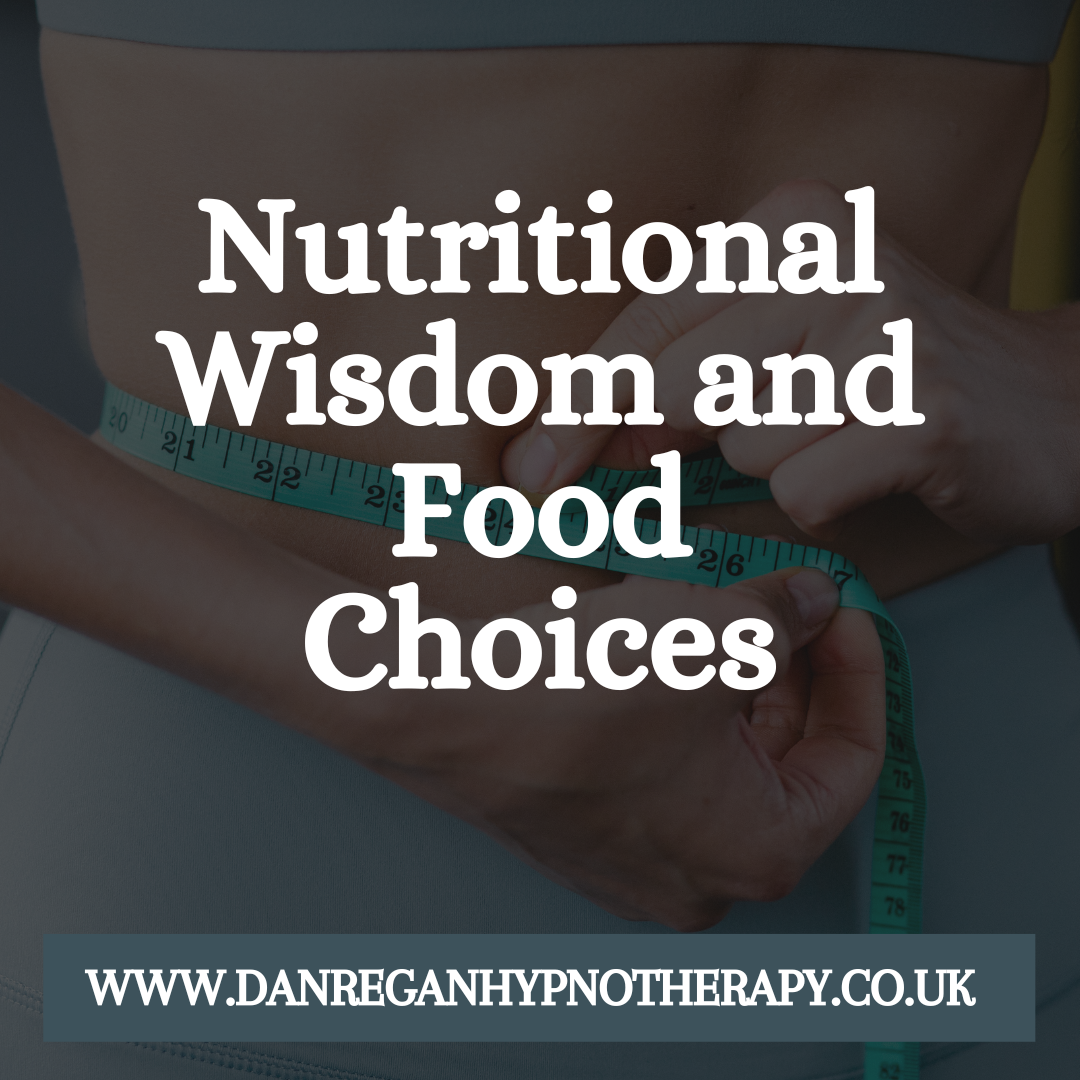


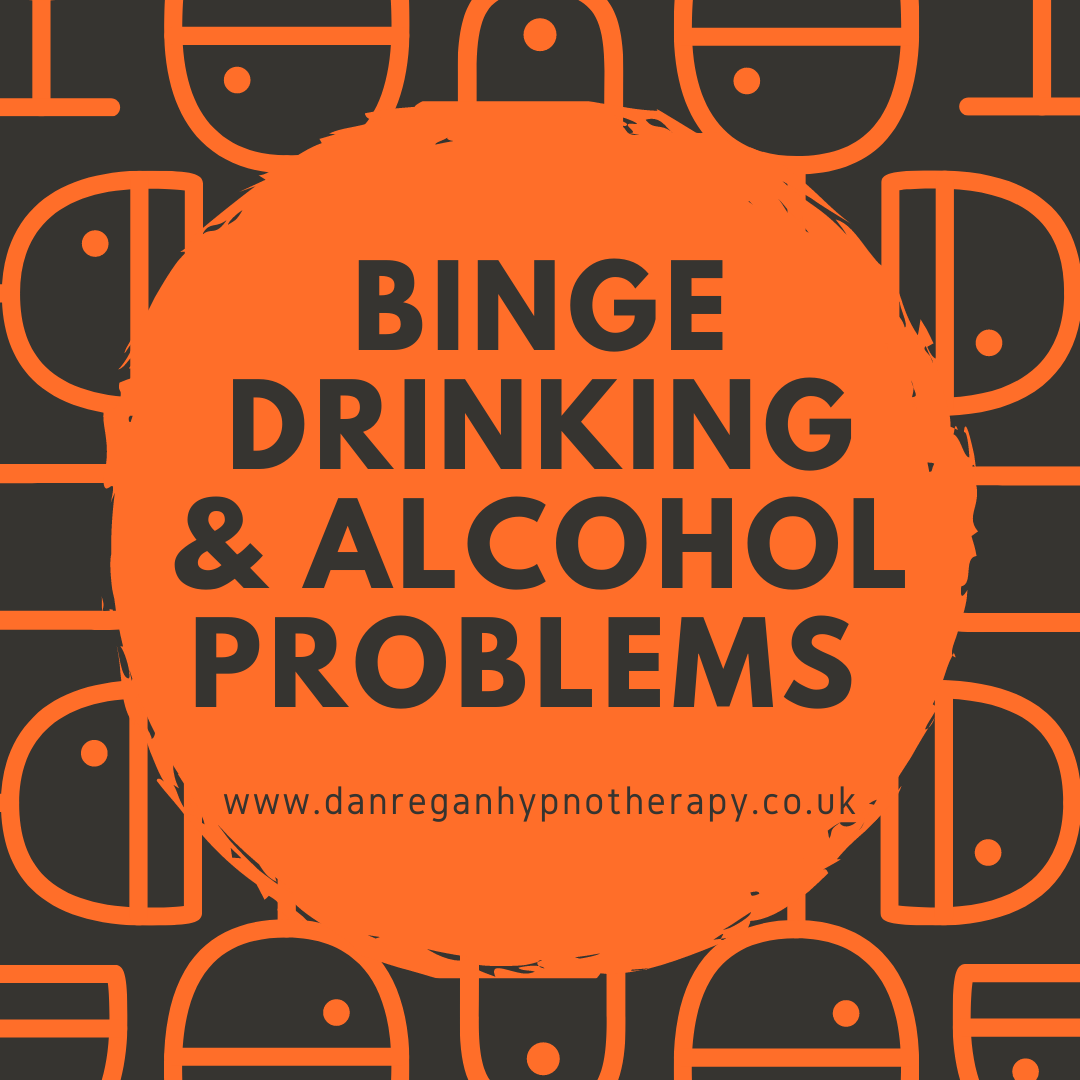



0 Comments